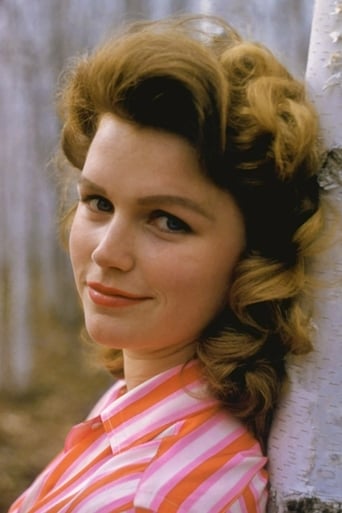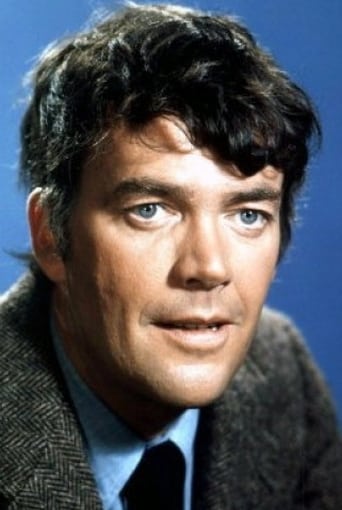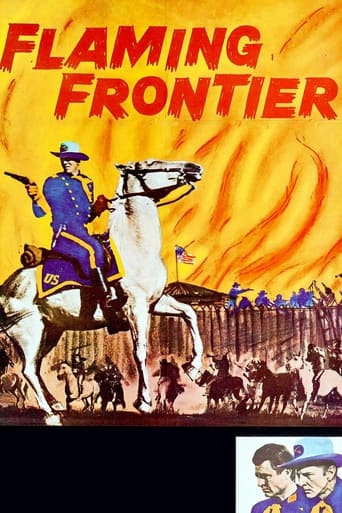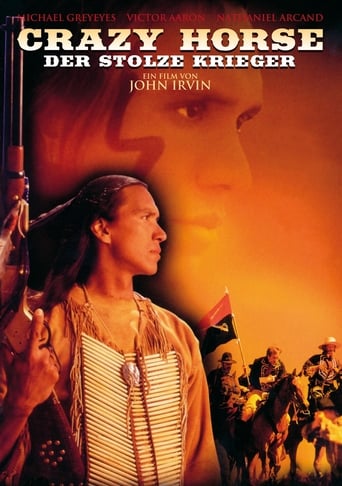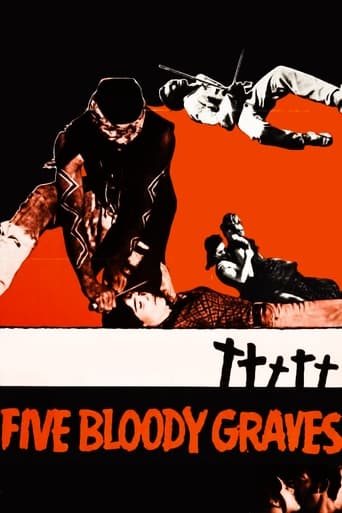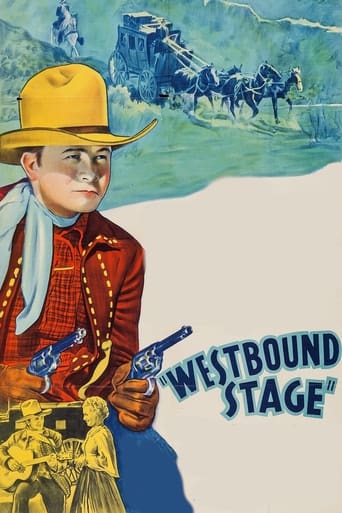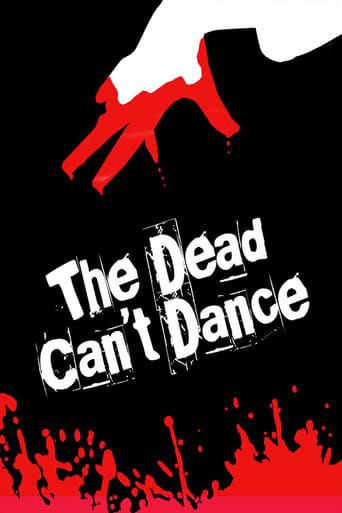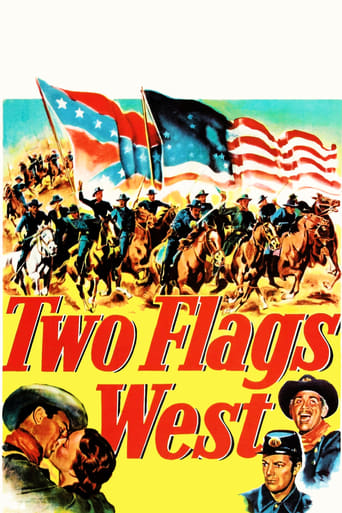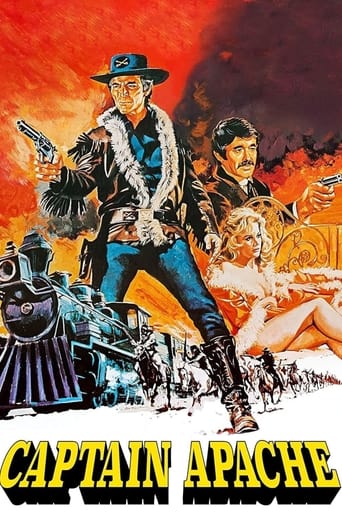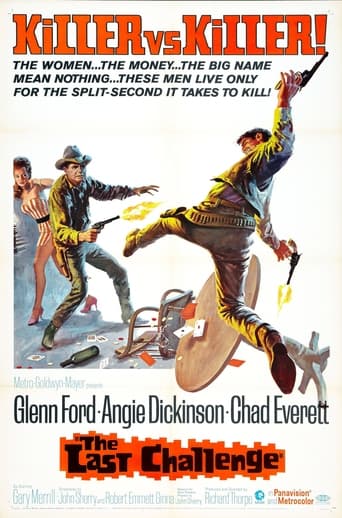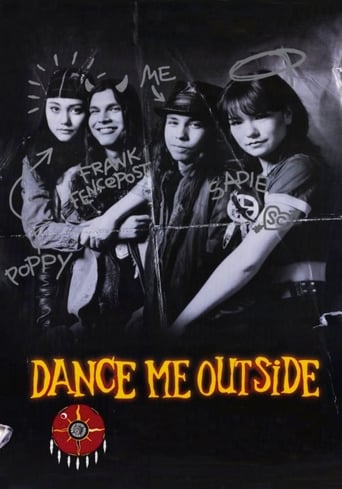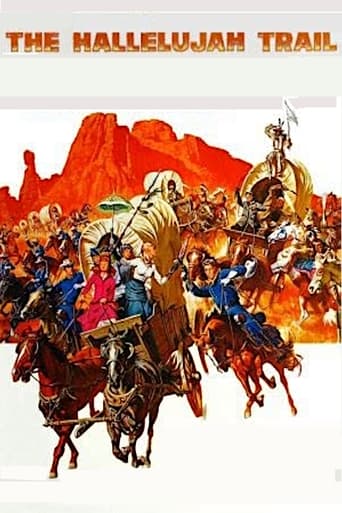
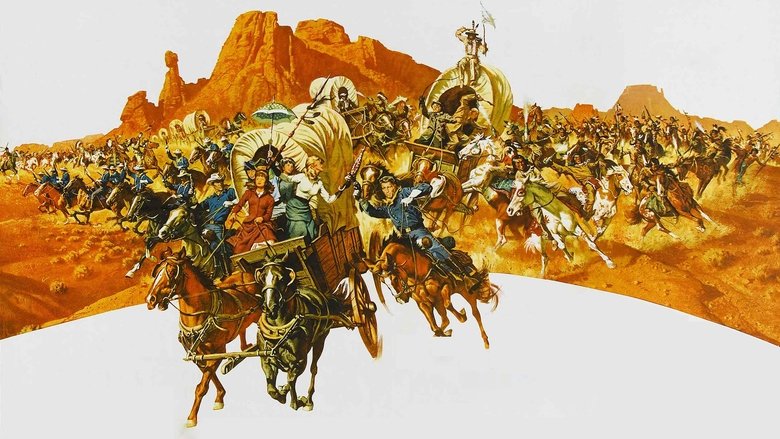
The Hallelujah Trail (1965)
A wagon train heads for Denver with a cargo of whisky for the miners. Chaos ensues as the Temperance League, the US cavalry, the miners and the local Indians all try to take control of the valuable cargo.
Watch Trailer
Cast


Similar titles
Reviews
The Hallelujah Trail is directed by John Sturges and adapted to screenplay by John Gay from the novel written by Bill Gulick. It stars Burt Lancaster, Lee Remick, Jim Hutton, Pamela Tiffin, Brian Keith, John Anderson, Martin Landau and Donald Pleasence. Music is by Elmer Bernstein and cinematography by Robert Surtees.Depending on who you talk to about The Hallelujah Trail, it will either be called an ass numbing bore or a misunderstood gem, such is the reputation of it, it kinda demands to be seen so as to evaluate why so divisive.It flopped on release and was savaged by critics, while it was a tough production from the off, one that badly over ran and was expensive to film. Cast members not getting on, bad weather, bad location provisions for cast, and the awful death of stuntman Bill Williams during one particular scene. Add in that lead man Lancaster looks bored - working at a time that he called his slavery period - then it felt doomed at an early stage.Its failure has been contributed to a number of things, such as timing (comedy Western, and an epic one at that, too early? too late?) but really it's takes too many bites of the pie, rendering the whole as something resembling a garbled mess. The thin plot is stretched unbearably to fifteen minutes shy of three hours, thrusting a number of character groups to trudge around with a screenplay that ironically - given the temperance/alcoholic basis of story - feels like it was written by an inebriate. Yet I personally would be a born liar if I said there wasn't a lot to like in the mix. Filmed not just in Technicolor and Panavision, but Ultra Panavision 70 no less! Pic looks terrific, with Surtees bringing the Gallup locales to vivid life, and Bernstein provides another technical highlight with his rambunctious score, big bold brass and percussion thunders around the settings. Some of the comedy works, when the cast get chance to come alive, and even though some aspects no doubt give the PC brigade kittens, the likes of Martin Landau as an Indian called Chief Walks-Stooped-Over are a joy. While for the red blooded among us, the huge running time at least allows for plenty of the positively yummy Remick...So it's a tough call, I think its harsh to call it a bore, yet it's awfully messy. So with that I sit on the fence, where just one of my butt cheeks gets numb... 5/10
This movie is a comedy. Approaching it any other way will naturally be disappointing. What makes it funny mostly is that it is a satire, a satire on the negotiating process. Burt Lancaster plays the CO of a cavalry troop near Denver in 1867. Four or five different factions are trying to make claim to the prize shipment, some by hook, others by crook. He tries to mediate them into some form of agreement. I don't think anyone else reviewing it here has seen it in that light. If you have been following current events (any years) and have observed political negotiations and kept them in mind while watching this movie, you will see what I mean.
The Hallelujah Trail came out in 1965, just as the traditional era of "Hollywood" movie-making was giving way to the modern era of the auteur and the independent filmmaker. In a classic big-time Hollywood production of that distant age, what wanted and got was (hopefully!) a funny story, a clever script, some big personalities for the leads and familiar character actors to support them. While Hallelujah Trail is a little long, it works if you enjoy spending a couple of hours with Burt Lancaster, Lee Remick, Brian Keith, Martin Landau, and Donald Pleasance dressing up in their Western outfits modes and having a good old time with some eye-popping stunts, hilariously pompous speeches, and cutting one-liners. .Amazingly, though Hallelujah Trail came out only a decade before Blazing Saddles, they represent comedy traditions so different that comparing them is like comparing As You Like It with The Three Stooges with The Importance of Being Earnest with Hot Shots! All different comedy animals with their own conventions and audiences. HT isn't as funny as Support Your Local Sheriff, a small scale, sharply done spoof on the same genre, but much funnier than John Wayne and Maureen O'Hara in McClintock or any the dubious comedy westerns Dean Martin and Frank Sinatra put out at the same time.The Indians in this film, unfortunately, are the drunken, amoral layabouts, played by white actors, similar to the Indians in F-Troop. This is just something you run into in old movies, and in Hallelujah Trail it is easier to overlook, as the "white" characters are made to look no less foolish.A historic note might be in order, here. Racial stereotyping wasn't a frivolous issue back in 1965. Back then a sizable chunk of the population then more or less believed in the stereotypes of Indians as either noble savages, faceless, brutal savages, or drunken, violent losers. Conventiontial portraits of Indians in film reinforced those stereotypes, adding to the burden of impoverished Amerindians trying to make a living and a life in the real world. It was also quite true that real Amerindians found it next to impossible to get work in Hollywood as anything but extras and "Indian" roles in Westerns routinely went to white actors with an "ethnic" look to them. Consequently, it wasn't "brave" to show negative stereotypes of Indians in 1965, it was what everyone else was doing and it did cause actual harm. It still does, actually, but the issue is obscured by modern jargonscolding about "insensitivity" and scoffing about "political correctness." Back in the fifties and sixties, when moral issues could be discussed without deferring to the self-indulgence of the individual, you could make a point about racism in blunter terms.
Don't get me wrong. I grew up watching westerns and comedies, and having seen my healthy share of both, and having grown up with this film shown on various UHF channels, as well as seeing it on Sunday afternoon movie programs by network affiliates, I appreciate the film for what it is. I understand the humor, but I just don't find it all that funny.The positives; there's a lot of good stunt work, and some breathtaking cinematography of the nation's southwest. There's the signature shot of a covered wagon being pulled at full gallop over a Mitchell camera, as well as highly disciplined horses who don't bolt at the sound of gunfire.But is it really funny? The politically incorrect Indian/Firewater-humor is dated, but I don't find it particularly offensive. I just am not sure what it is that's all that funny. Donald Pleasance helps add real comic value with his inebriated clairvoyance, and some of the drunken sequences bring a smile to the viewer (the triple and quadruple exposure effect being effective), but it's not guffaw-funny.The comedic plot, especially for a western, teeters beyond being ridiculous. There's no real incentive for the characters to go and do what they're doing. It's a film about some amusing happenstance.But, the film was given enough of a budget to give it a kind of style and put enough familiar faces, locations and overall production values to make it likable by the then movie-going public.Despite its shortcomings, lack of genuine humor and high-budget gloss, I have to admit to having a fondness for it, even though I don't think it's all that good a comedy (if a comedy it all). But it's an old friend, and thus I added the DVD to my collection.If you really must see a comedic western, then do yourself a favor and buy or rent one of James Garner's excellent "Support your local Gunfighter" or "Support your local Sheriff" films.The "Hallelujah Trail" will probably leave you a little wanting in the end, but, strangely enough, satisfied in an uneven way.Watch at your own risk.



